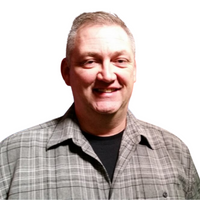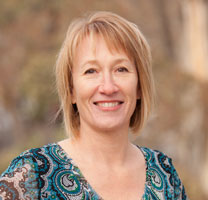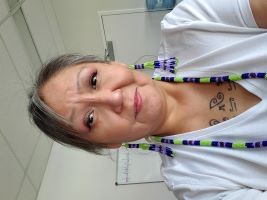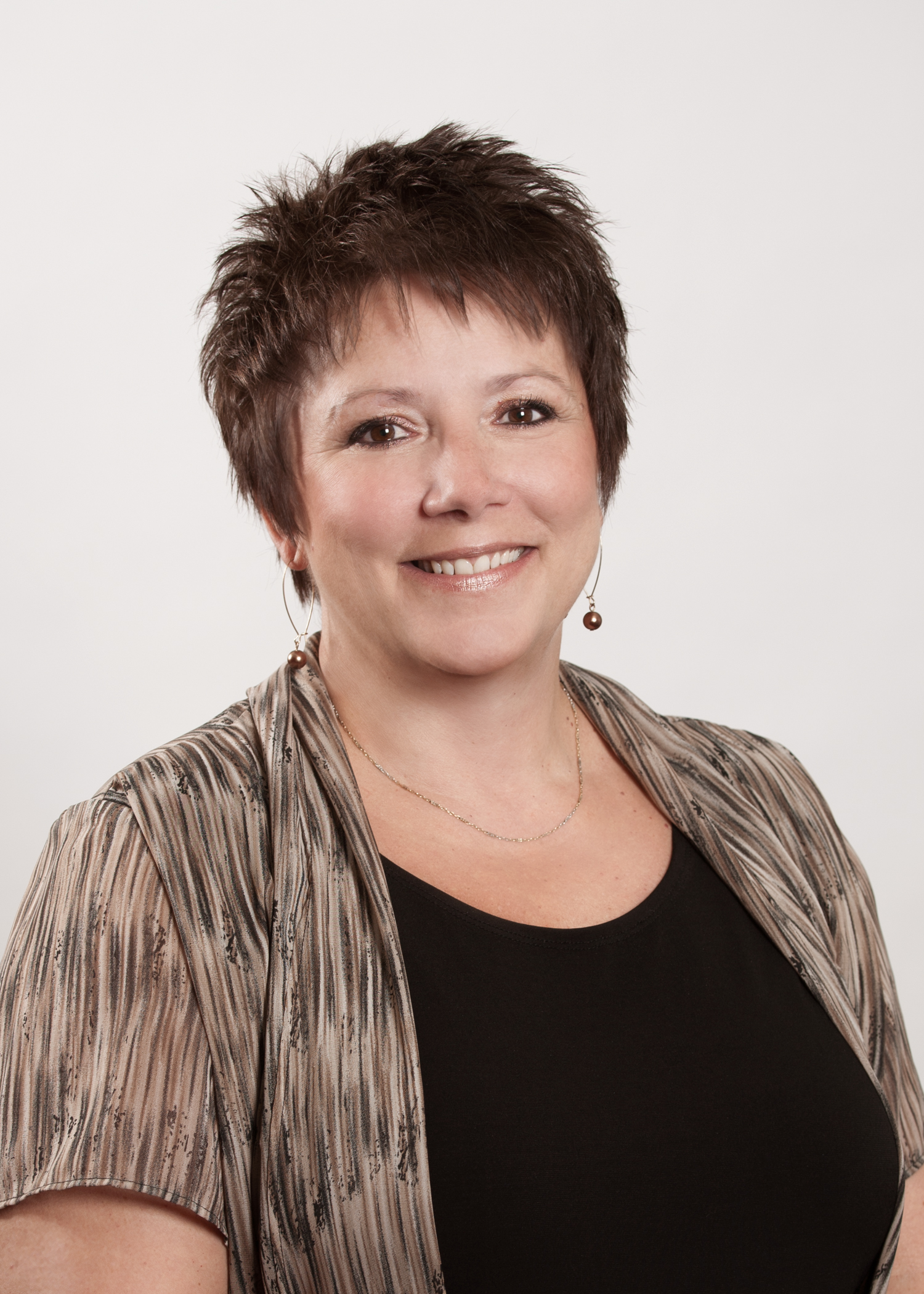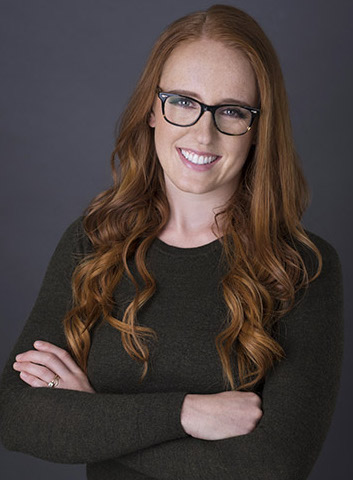Advancing Interprofessional Management of Substance Use Disorders in Saskatchewan (AIMS-SK)
Module 1
Foundations of Harm Reduction & Substance Use Disorder
The College of Medicine, CME, and USask Continuing Pharmacy Education (CPE) have launched a new program called Advancing Interprofessional Management of Substance Use Disorders in Saskatchewan (AIMS-SK). The AIMS-SK program is designed to improve health outcomes for individuals with substance use disorders.
![]() Target Audience
Target Audience
The target audience includes family physicians, resident and specialist physicians, nurses and nurse practitioners, mental health professionals, pharmacists, dentists, physiotherapists, researchers, health sciences students; and radiation therapists. All healthcare professionals are welcome to attend.
![]() Module 1 | Foundations Learning Objectives
Module 1 | Foundations Learning Objectives
At the end of Module 1 Foundations participants will be able to:
- Describe the principles and importance of harm reduction for people living with a substance use disorder (SUD) in Saskatchewan.
- Understand the physiology and the diagnostic criteria for common SUDs.
- Explain recovery-orientated practice and develop the goals of treatment for people living with a SUD.
- Identify safer prescribing practices for potentially addictive medications, with a focus on opioid medications.
- Outline treatment options for opioid use disorder (OUD) and alcohol use disorder (AUD) available in Saskatchewan.
- Understand the spirit and principles of trauma- and violence-informed care, the motivational interviewing framework, and how they can be integrated into practice.
- Incorporate professional self-care into practice when supporting people with SUD.
![]() Module 1 |Pre-Work Online Courses:
Module 1 |Pre-Work Online Courses:
Once your registration is completed and you have received instructions from the CME office (NSID - Network Services Identification number and details) you can log in to Canvas to complete the pre-work online courses and access other materials for Module 1 | Foundations of Harm Reduction and Substance Use Disorder.
Pre-work online courses include:
- Part I: Substance Use Disorder – the What and the Why
- Part II: Principles of Harm Reduction
Please note that the pre-work online courses and reflection exercises at the end of each course must be completed as a preparation for the Module 1 conference. Part of the discussion will be based on the reflections you wrote.
Acknowledgment
This program has received an educational grant or in-kind resources from the Saskatchewan Ministry of Health.
More program dates coming soon. If you would like to be contacted when the next program will be offered please click on the Contact Me link below.
Module 1 Past Agenda
Review the timeline, topics, speakers & session-specific learning objectives.
The schedule is subject to change.
Module 1 Speakers
Contact Information
Program Information
Tammy Glynn, CME Program Coordinator
Email: tammy.glynn@usask.ca
cmelearning.usask.ca


